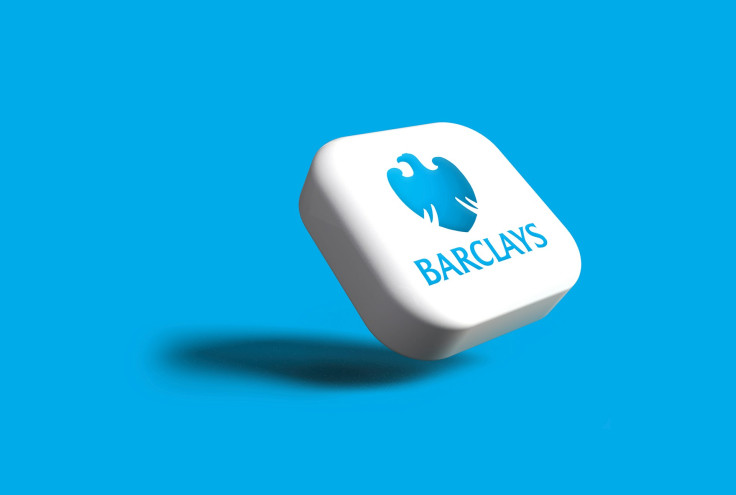Barclays Reveals Top 10 Scams Targeting UK Consumers—Here's How to Stay Safe
Are users still vulnerable as they were in the past?

Barclays UK has thrown down the gauntlet to consumers, asking a simple yet urgent question: Can you spot a scam before it's too late? The banking giant launched a social media campaign this week, revealing the top 10 scams that duped Brits in 2024—and it's a wake-up call for anyone who shops, banks, or browses online.
Barclays' Scam Test Goes Viral
In a recent Facebook post, Barclays shared an advert for a dreamy '5-star seaside apartment' in Malaga, Spain. Priced at just £29 a night, the deal looked like a steal—but it was all part of a scam-awareness test.
The bank asked followers: 'Can you spot the 4 red flags in this accommodation advert? 🚩 #TakeFive 🖐.'
The four giveaways were quickly revealed:
- Fake or AI-generated images
- No reviews or ratings
- A host new to the platform
- An offer that seemed too good to be true
The point? If you didn't catch the signs, you could be at risk. Scammers increasingly use realistic-looking ads and listings to lure victims on booking platforms and marketplaces.
The UK's Most Common Scams in 2024
Barclays' research shows that one in five people in the UK were scammed last year, and a third know someone who was. The top scams include fake deliveries, impersonation, and investment fraud.
Here's the top 10 list:
- Fake delivery scam (51%
- HMRC scam (42%)
- Purchase scam (40%)
- Online marketplace scam (38%)
- Hello Mum WhatsApp scam (37%)
- Investment scam (32%)
- Advance fee scam (32%)
- Ticket scam (30%)
- Parking scam (30%)
- Romance scam (30%)
Barclays' Top Scam-Safety Tips
To help consumers stay ahead, Barclays shared practical advice:
- Don't share personal info like passwords or PINs
- Verify companies before making purchases
- Avoid pressure tactics—legitimate services don't rush you
- Be sceptical of offers that seem too good to be true
- Stay alert to phishing texts and fake messages
The bank also called on tech companies to step up. Many scams thrive on social media, and platforms must do more to detect and prevent fraud.
Tech Firms Fight Back—but So Should You
Some firms are responding. Google, for example, is deploying advanced on-device AI to flag and remove deceptive content before it spreads. But even with improved technology, scammers are getting bolder.
Google's 2024 report found that over 60% of Americans noticed a rise in scam attempts, and a third experienced actual cyberattacks. While the UK numbers are lower, the risks remain very real.
So, Are We Getting Better at Spotting Scams?
There's good news: many consumers say they now feel more confident in spotting suspicious activity. Awareness campaigns like Barclays' are helping people recognise red flags faster.
Still, staying scam-smart takes ongoing effort. Strong passwords, second-guessing urgency, and a healthy dose of scepticism are your best defences in today's digital world.
© Copyright IBTimes 2025. All rights reserved.





















